Your cart is currently empty!
Neurology Personal Statement Sample 1

Neurology residency applicants can refer to this sample personal statement as a guide.
Neurology personal statement sample 1
Neurology personal statement sample 2
Neurology personal statement sample 3
Neurology personal statement sample 4
Neurology personal statement sample 1
I learned that the worst tragedies can be the most inspiring when I met Mr. C., during a neurology elective. His story unfolded as a young, successful businessman who became comatose right after a thunder-clap headache, a typical presentation of subarachnoid haemorrhage. But why did he have the bleed and where was the bleeding coming from? It did not take us long to figure it out—- a dissecting vertebral artery. I was actively involved and entrusted with great amount of independence, latitude, and responsibility in his care. Being a complete stranger to the country and their culture, I was overwhelmed by the patient who was on the verge of death. Yet, my hardship was minuscule when compared to Mr. C’s strong will to live which was repeatedly demonstrated on many occasions where we could have lost him. I was inspired to study more about his condition hoping to contribute to his care and I learned to deal with the emotional stress and frustration his family had by establishing good rapport and being there when they were in need of help. The team’s hard work paid off. Nothing was more inspiring than to see Mr . C nodding his head for the first time when I called out his name. The fact that he was just awake thrilled everyone out in the ICU. The experience of improving the lives of the most critically ill patients is truly euphoric and gratifying. I found my niche in neurology.
Ultimately, it has been the neurology patients on my clinical rotations that reinforced my decision to become a neurologist. Although understanding the profoundly frustrating and depressing nature of some diseases in neurology, it hasn’t precluded me to immensely enjoy in these fields. Why do some people with facial palsy still smile at a joke? Why do some people only walk if you paint a perpendicular line in front of them? Why will one stroke in him destroy his ability to read while the other with the same stroke doesn’t have the same effect on his reading? Understanding how the brain works are infinitely complex. The intellectual challenges involved in answering these questions intrigued me. I love to tackle problems that my colleagues dismiss as too puzzling to contemplate. I view the arrival at a neurological diagnosis akin to completing the missing part of a jigsaw puzzle, a process that requires an analytical mind and meticulous eye, both qualities I prize and for which I strive.
Analytic problem-solving skills do not in themselves make a great neurologist. I also realize how crucial it is to educate patients and spend the time needed to communicate to patients and their families about their illnesses which in turn gives me the opportunity to develop into an effective teacher. I am also impressed with the ability and the impact that a neurologist can have on the quality of life of many patients. Most patients can live a normal life and preserve their dignity and self-worth, a field where symptomatic treatments have significant importance. My experiences in neurology have enhanced my regard for research and advancement. I committed myself to investigate the epidemiology of amyotrophic lateral sclerosis in Newfoundland to elucidate trends linking to the high incidence in this province. This research opportunity has solidified my appreciation of the value of academic involvement and teamwork, and fortify my desire to contribute to the vibrant advancement of this specialty.
I believe my personal character makes me an ideal match for neurology. Flourished when challenged, possessing great curiosity and dedication to patient care are some of my greatest attributes. I have a tremendous work ethic, which I have carried since childhood: diligent focused and driven for excellence in any task I undertake. I am both emotionally and professionally prepared for the high-stakes responsibility of being a neurology resident. I aspire to join a program that encourages the transformation of the industrious and ambitious medical student into a worthy neurologist who excels in his field of specialization, as well as an educator devoted to imparting his knowledge to a future generation of neurologists.
Neurology personal statement Sample 2
Choosing a specialty ultimately was an easy decision. I found every rotation to be rewarding both academically and personally, but I became most interested in and excited by patients that had neurological problems. I achieved a greater sense of satisfaction and enjoyment from delivering health care to these patients. Though medical school has given me concrete knowledge that will prepare me for this field, my life outside of school has prepared me in ways that can’t easily be measured. I remember the day after returning from school my family surrounded my unconscious uncle who was having seizures. I helplessly watched him in the chaos of my house with no one capable of helping him. The sad and worried faces of my grandparents are still fresh in my memory. As I grew older, I saw not only my uncle fighting with epilepsy but also many other people in my hometown suffering from debilitating neurological illnesses. The desire to make a difference in these peoples life has played a vital role to increase my inclination towards neurology. As a result I decided to pursue my career in neurology
During my final year of medical school I selected electives pertaining to neurology whenever possible. I applied myself diligently to gaining a foundation with which to localize neurological lesions and to formulate differential diagnoses. Learning as a student and then working as an intern in one of the largest hospitals in India entailed an incessant problem solving attitude, constant vigilance, and analytical skills. I valued the opportunity to talk to people, not only about their diseases but also about their lives. And it never ceases to amaze me that I learned as much from a patient’s history as I did from their lab tests and investigations. These experiences enriched my interpersonal and communication skills.
After my graduation, I worked as a resident physician at the Big clinic in Some Country for more than a year. Working here was very stimulating and enriched my skills, but I was still yearning for more knowledge. Shortly after I immigrated to U.S. in 2000, I started as a pharmacy technician followed by working with Dr.X in family practice. Firmly committed to a career in neurology, I started working as a medical assistant with neurologist Dr. Y. Working with Dr.Y I discovered many of the diagnostic and intellectual challenges of neurology; a skillful history and physical exam, a carefully formulated differential diagnosis, and the management of potentially debilitating disease. I received ample opportunity to review neuroanatomy, expand my knowledge base of underlying pathophysiologic processes of diseases, and learn new diagnostic and therapeutic modalities . Furthermore, after passing my board exams, I rotated for 12 weeks at the Comprehensive Health Services Clinic. Presently I am assisting Dr.B and Dr.J at University of Medicine, in a combined Psychiatry and Internal Medicine Clinical Research project, for prevention of depression during hepatitis C therapy .Working with these wonderful doctors taught me patience and diligence. I developed mental and physical stamina and learned to manage and execute multiple tasks. Here I realized that at the end of the day the most satisfying moment is to be able to cheer people up, and make a difference in patients life.
A career in neurology promises to be very rewarding. Because of new therapeutic modalities available to the modern clinician, the potentially incurable and debilitating disease that were once “diagnosed but not treated”, are now being treated. Furthermore, as our society’s elderly population grows larger with each passing year, the incidence of age related neurologic diseases, and the demand for well-trained neurologists, will increase accordingly. Thus, the neurologist is not only an integral component in today’s health care system, but will also be a key character in the health care systems of the future.
The primary focus of my career goals is active clinical practice and teaching. I desire training at a reputable academic facility with an accomplished faculty dedicated to education. In addition, I seek exposure to neurological research so that I may not only learn about existing knowledge but that I may contribute to the advancement of diagnostic ability and treatment of neurologic disease. Following residency, I plan to pursue clinical fellowship training and options for a career in academic medicine.
What I bring to your residency program is a responsible, motivated, friendly, and enthusiastic person who is a great team player committed to excellence, intelligence, and personal initiative. Incorporating both the caring, personal, physician-patient relationship and the dynamic of continuous learning, Neurology is the profession I eagerly embrace. This is the best way I can harness my own talents and abilities for the benefit of others.
Neurology personal statement sample 3
My grandfather passed away when I was 16 years old, and although he may never know this, he is my inspiration to enter the field of Neurology. There are two images of my grandfather that I remember most vividly. As a young child, I remember my grandfather as a strong and vibrant man; the person who bought me animal crackers (my favorite treat) every day, and who once saved me from drowning in our pool. In contrast, during the last years of his life, what I remember most was his weak and frail state, the constant tremble of his hands, his slow and shuffling walk, and the way he constantly confused me with my two older sisters. He was no longer the energetic man I remembered from my early childhood days. He had advanced Parkinson’s Disease. Although I yearned to comprehend the mechanisms behind his condition, it was not until many years later, during a college Neurology class, did I begin to grasp the connection between dopamine depletion and my grandfather’s symptoms.
Although I have been interested in the field of medicine since a young age, my fascination with the human brain and its ability to control every aspect of our being grew and intensified during my undergraduate years. While in college, I served as a teaching assistant for an upper division anatomy and neuroanatomy course. This experience served to reinforce my understanding of the central nervous system’s anatomy and compelled me to further study the intricate pathways involved in the coordination of movement and the experience of sensation. As a result of my growing interest in the control of movement, I began volunteering as a research assistant in the Department of Physiology. I devoted numerous hours, analyzing EMGs recorded from Rhesus monkeys that were sent into [outer space makes it sound like a science fiction movie]space, in order to understand the effects of microgravity on muscle activity. This experience enabled me to apply the academic knowledge I had gained from my coursework to a research project with tangible results published in the Journal of Neurophysiology.
During my first two years of medical school, my interest in neurology continued growing as I learned in greater detail, the pathological processes involved in various neurological diseases. I often thought of my grandfather as I gained a deeper understanding of the mechanisms involved, as well as the treatments available for Parkinson’s[already implied]. My diligence in studying the subject matter of Neurology was rewarded when I was one of only 12 students in my medical class to receive an A in the course, and was invited to serve as a teaching assistant for the following year.
By the middle of my first Neurology rotation, I was convinced more than ever that Neurology was the field for me. Each day brought a new and interesting case. A previously “mundane” complaint such as headache, took on a whole new meaning to me when I encountered a patient whose headaches were caused by an AV malformation. Conditions that I had only read about in medical books, such as Shy-Drager Syndrome and Charcot Marie Tooth’s Disease were now presented to me in the form of actual patients whose disease progression and quality of life were in the hands of their neurologists. I had always valued the strong intellectual component involved in the field of neurology, but I now had a greater appreciation for it. The passion that I saw from my Neurology attendings for their field was infectious; I came home every evening craving more knowledge on the things I had seen and eager to read more on the subject matter.
Afflicted by Juvenile Dermatomyocitis at the age of eight and enduring one of the most challenging periods of my life, I am grateful for the competent and compassionate
medical professionals who helped me through my ordeal. I recall the confusion and fear that I felt when I first began to experience the symptoms of this condition; I could not understand why my body was failing me as the fatigue and pain that I felt in my muscles left me unable to get out of bed on some days. I soon became accustomed to the doctor’s visits, physical therapy sessions, lab work, and EMGs that I had to endure on a regular basis. Fortunately, the physicians, nurses, and other staff that I encountered treated me with such kindness that I never dreaded my frequent visits to them. Their encouragement gave me the motivation that I needed to overcome the condition. The experience taught me the importance of having a strong physician-patient relationship, and I appreciate the fact that Neurology is one of the few specialties that affords me the opportunity to foster this type of relationship.
I am also stimulated by the variety of challenges that neurology offers; from diagnostic to procedural challenges, the diversity of experiences is particularly appealing. I look forward to a residency program that can offer me strong clinical and academic experiences, with faculty and staff who are dedicated to education. I envision myself at an institution that will allow me ample opportunities to learn from a wide variety of neurological conditions, as well as expose me to a diverse patient population. Upon completion of my residency program, I anticipate improving my skills and knowledge through a clinical fellowship in either the field of movement disorders or EMG/neurophysiology.
Of all the medical subspecialties that I have been exposed to, none have stimulated my academic and medical acumen, challenged my diagnostic abilities, or demonstrated such a significant physician-patient relationship as the field of Neurology. Therefore, I believe none are as well suited for me as this field. Additionally, I realize that as a physician, one must be continually open to learning and growth. As such, I look forward to a residency program that will enable me to continue to develop both my medical skills and my personal character. In return, I will dedicate my time, energy, and all the medical expertise that I possess to treating my patients, learning from others in the medical profession, and teaching those who desire to learn from me.
Discover more from mymedschool.org
Subscribe to get the latest posts sent to your email.

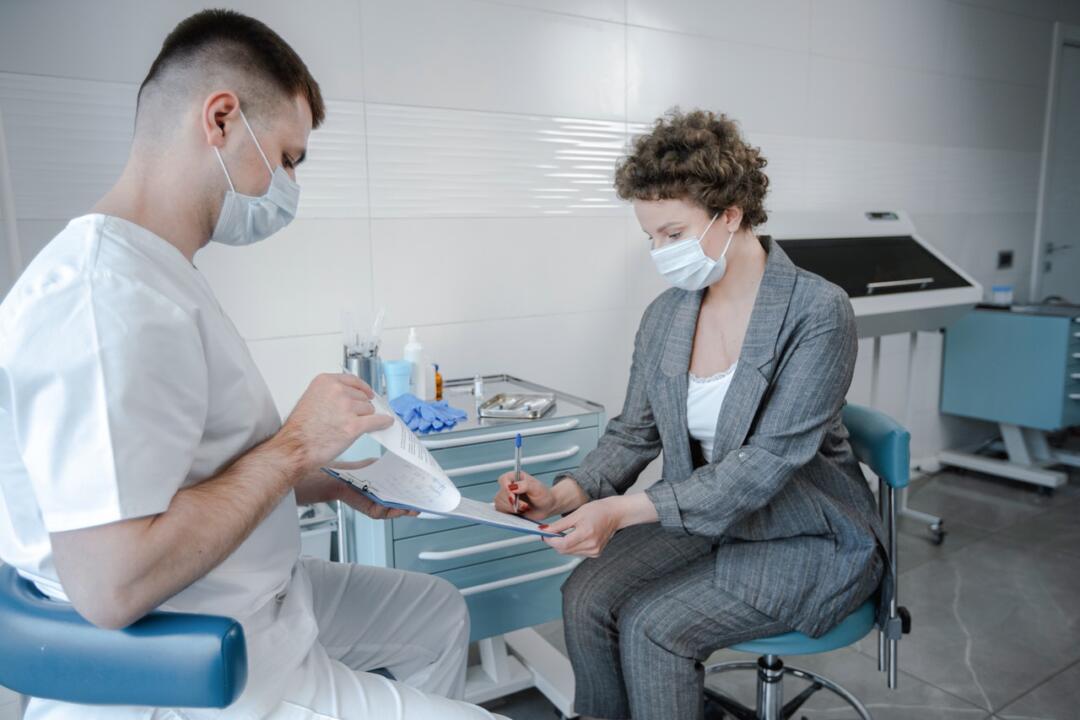
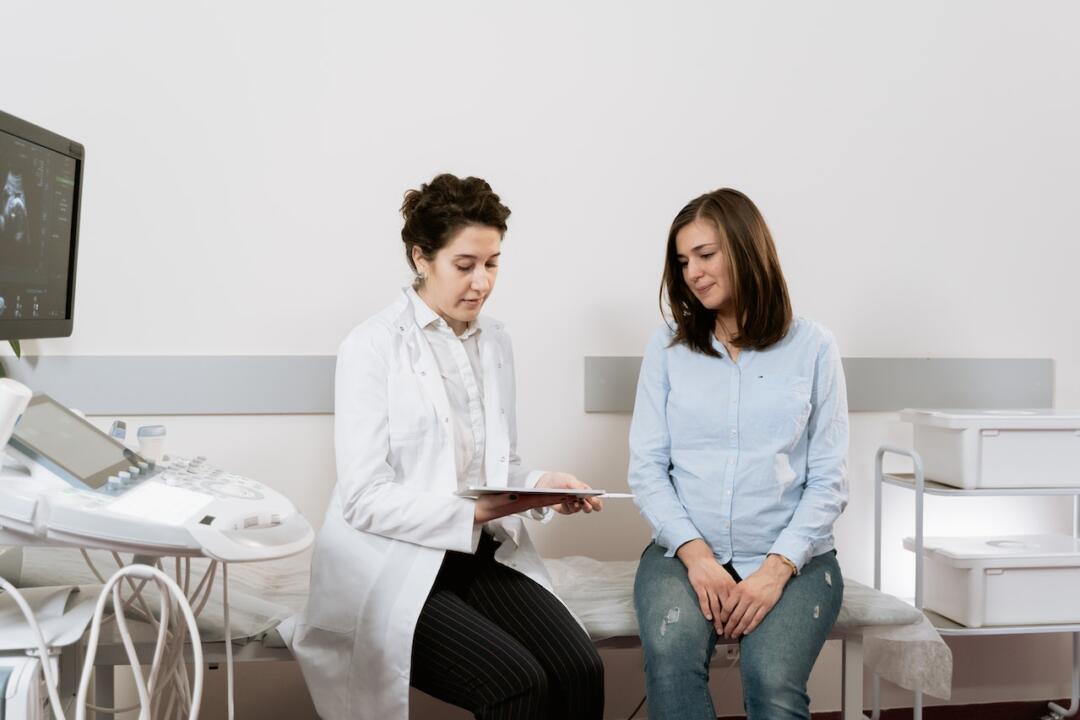
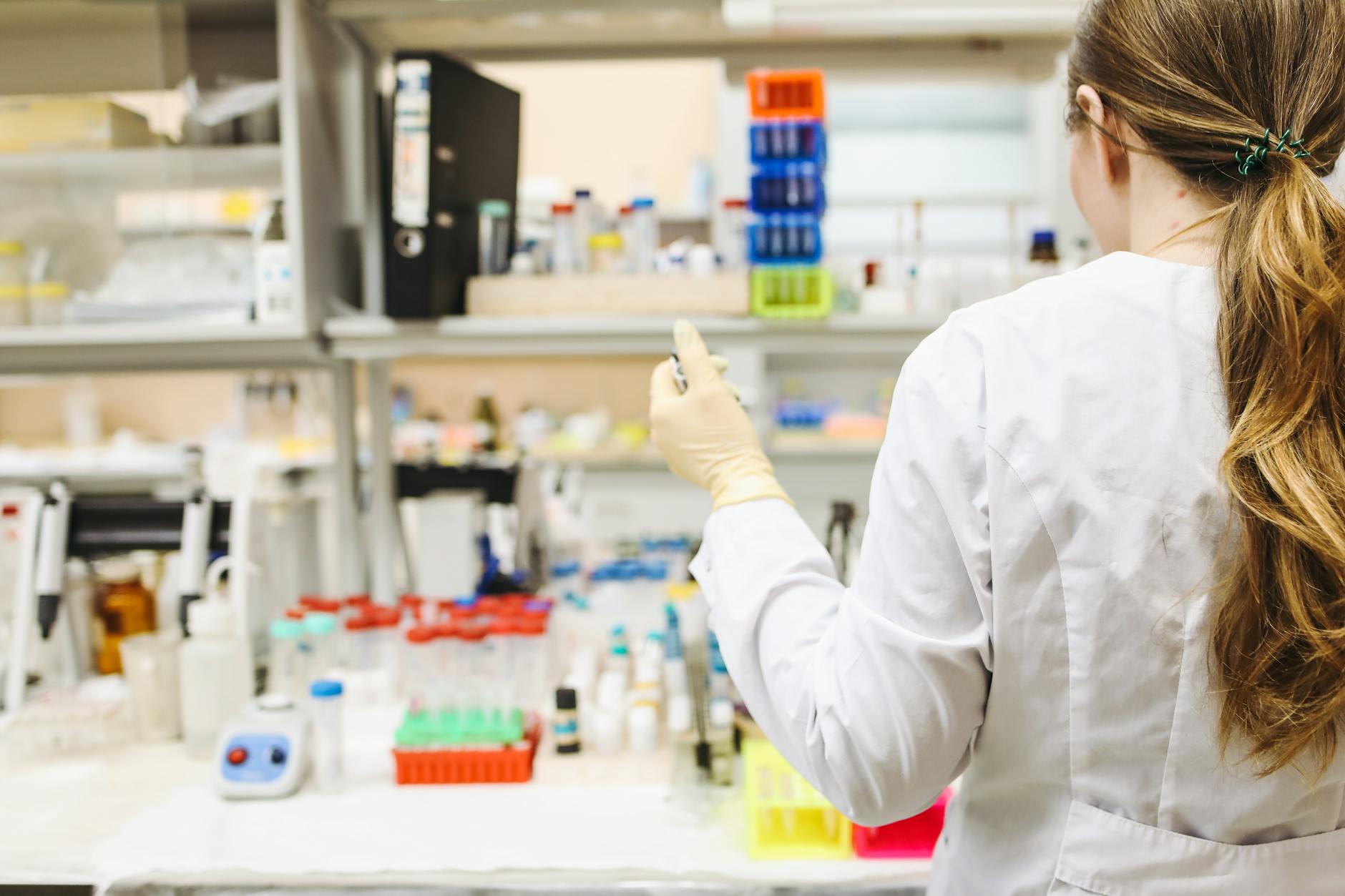


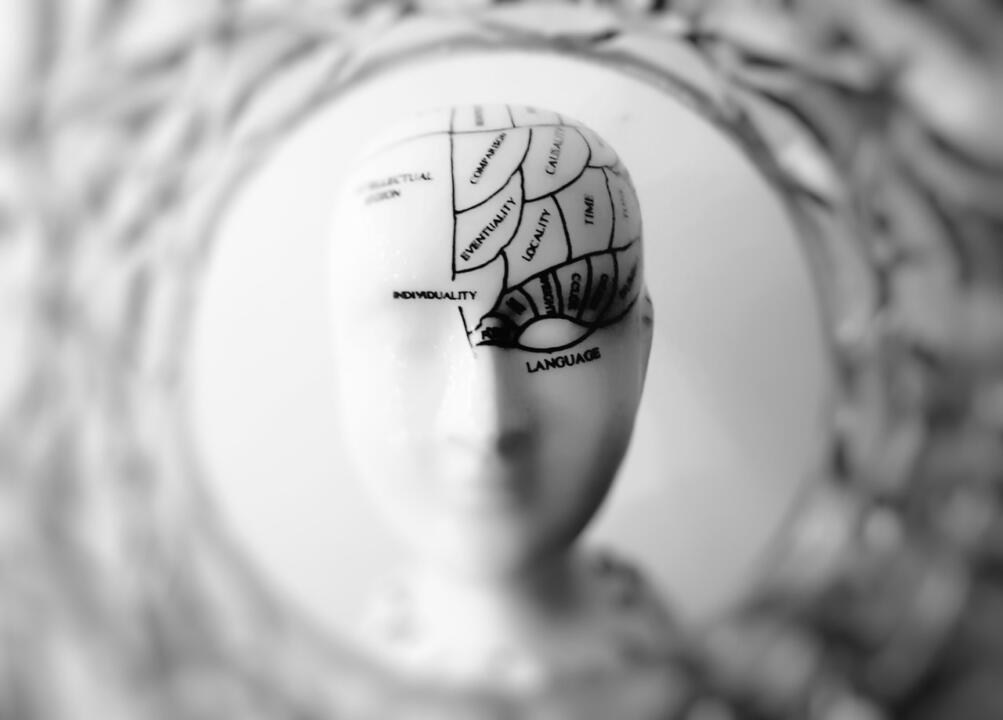
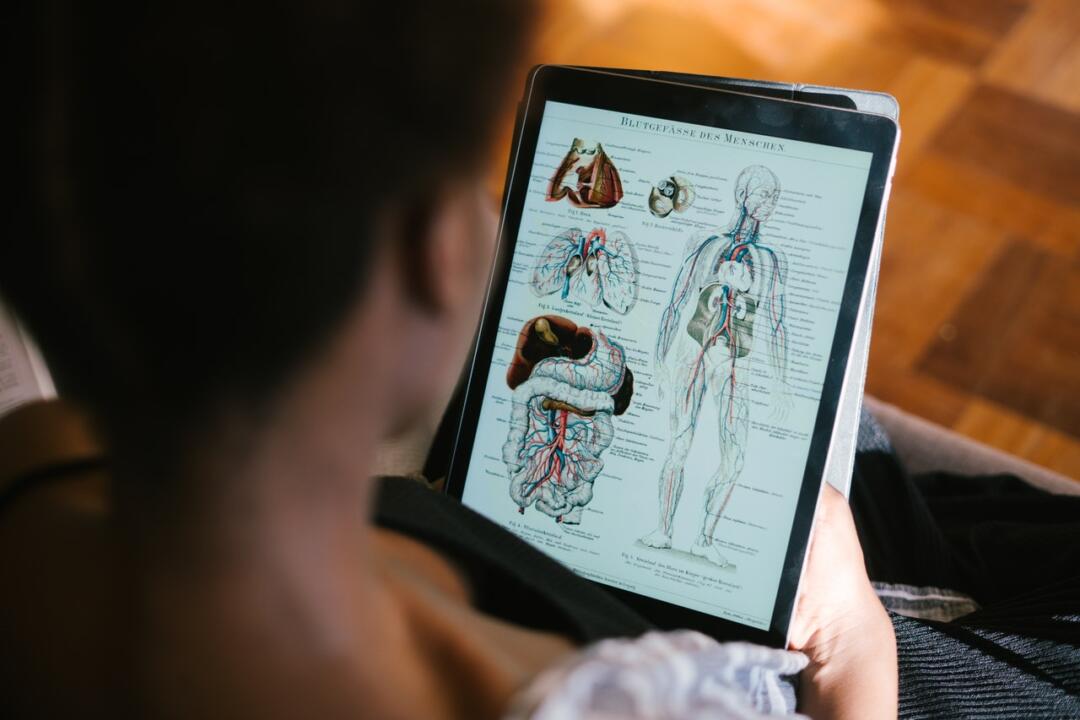

Comments
One response to “Neurology Personal Statement Sample 1”
#medical schools